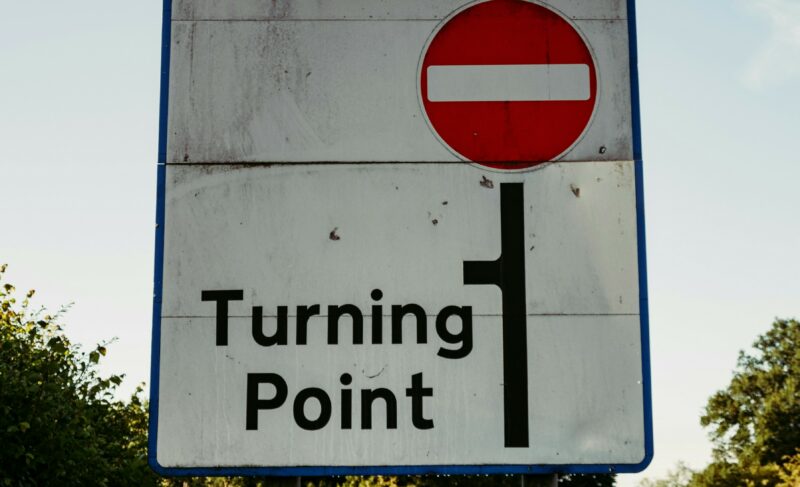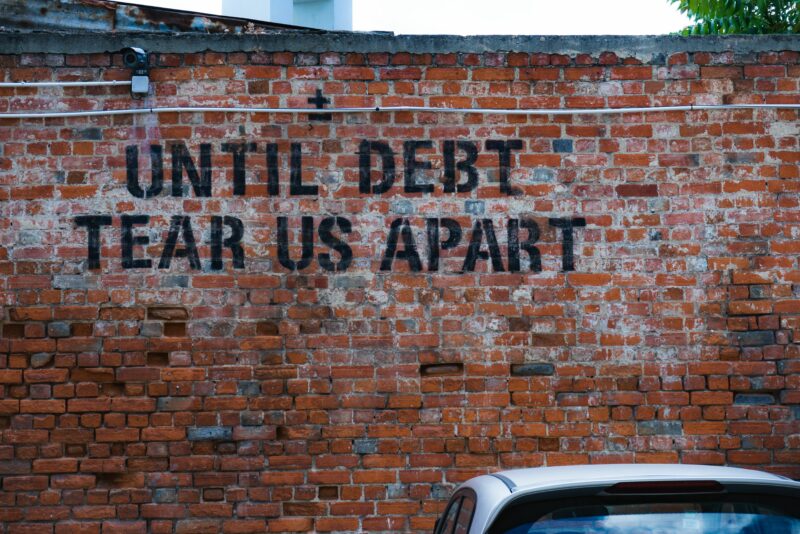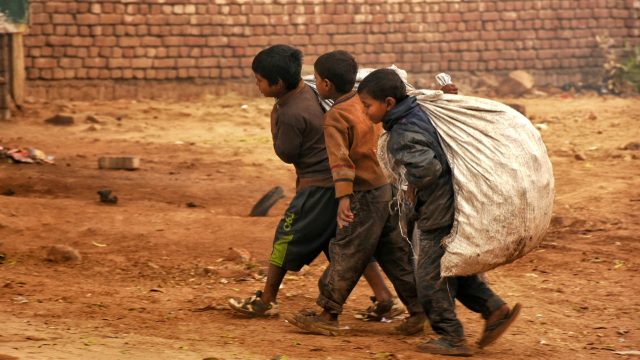We cannot afford to not to transition
Despite the rhetoric of politicians in many elections, addressing climate change is not an unaffordable burden for hardworking families.

Let’s be clear climate change is the world’s biggest long term issue. Transitioning to a low carbon economy is inevitable, it can’t be avoided. The longer we delay transitioning to a net zero economy, the more expensive it will be. This is not just a matter of environmental urgency but also a social and moral imperative.
Listening to many politicians, across many countries you could be forgiven for thinking that addressing climate issues was a luxury not a necessity. Climate change is big and serious and addressing it can bring economic and equity benefits.
The True Cost of Delay
Firstly, let’s dispel a common myth: the idea that transitioning to a net zero economy is prohibitively expensive. Yes, it requires significant upfront investment, but the cost of inaction is far greater. Delaying investment in clean energy, sustainable infrastructure, and green technologies only means that we will face even higher costs in the future. Here’s why:
- Escalating Climate Disasters: The frequency and severity of climate-related disasters—such as hurricanes, floods, wildfires, and droughts—are increasing. These events not only cause immense human suffering but also lead to staggering economic losses. The global cost of climate change damage is estimated to be between $1.7 trillion and $3.1 trillion per year by 2050.The longer we wait, the more frequent and severe these disasters will become, leading to ever-increasing recovery costs. It’s spending money plastering over a problem without addressing the root causes.
- Infrastructure Degradation: Much of our existing infrastructure is not designed to withstand the impacts of a changing climate. Rising sea levels, extreme weather events, and temperature fluctuations are already causing damage to roads, bridges, and buildings. Retrofitting or rebuilding this infrastructure in the future will be far more costly than investing in resilient, sustainable alternatives now. In the meantime it’s the most vulnerable that will suffer with old people and those in fragile communities

- We are not counting the true costs of inaction e.g. health costs: Air pollution and extreme heat events, both exacerbated by climate change, are leading to rising healthcare costs. A Lancet study estimated that air pollution alone causes over 7 million premature deaths annually worldwide, with associated economic losses running into trillions of dollars. Heat mortality rates are due to quadruple globally And India has just experienced its harshest heatwaves ever. Investing in clean energy and reducing emissions can mitigate these health impacts and save billions in healthcare costs. How we think of the economy does not capture the costs of polluted water, poor soil, increased food costs, internal migration, and health to name a few externalities that we fail to capture and attribute.
- Stability: As climate change progresses, it threatens global economic, political and social stability. Agricultural yields are declining, water scarcity is increasing, and supply chains are being disrupted. These impacts are leading to food shortages, higher prices, increased debt repayments and economic instability, particularly in developing countries. The financial architecture that has contributed to inequality and climate instability is failing to manage the problems it has created. We need a transformed fair and green economic architecture to create a more stable, equitable and resilient societies.
The Benefits of Immediate Action
In the plus column investing in a net zero economy offers many benefits that far outweigh the initial costs:
- Innovation and Competitiveness: Leading the transition to a net zero economy positions countries and companies at the forefront of innovation. Investing in green technologies spurs research and development, driving technological advancements that can boost productivity and economic growth. Nations that act now will gain a competitive edge in the emerging green economy.
- Job Creation: The green economy is a powerful engine for job creation. It would be great to see more politicians focusing on the jobs and opportunities created by the transition. Renewable energy, energy efficiency, and sustainable agriculture are just a few sectors poised to create millions of new jobs. A report by the International Renewable Energy Agency (IRENA) estimates that transitioning to renewable energy could create 42 million jobs globally by 2050. We know through our members that local green enterprises, drive employment, create livelihoods, feed people, fund educations and improve life chances.
- Security: Shifting to renewable energy sources reduces dependence on imported fossil fuels, enhancing energy security. This not only stabilises energy prices but also insulates economies from geopolitical tensions and market volatility associated with fossil fuels. The IMF estimates that climate action in Europe will boost energy security by 8%. At a time of increased geopolitical fluidity having national and community energy options enables our foreign policy and domestic policy to be influenced by our values and not by our short-term needs. Many countries are putting climate change at the centre of national security plans, recognising its wide-reaching impacts for citizen safety.
“ By transitioning to a net zero economy, we not only protect our planet for future generations but also promote equity and justice. The costs of delaying action far outweigh the investments required today.”
- Win, win, win. Better quality of life, better environment and better communities: Cleaner air, safer drinking water, improved transport networks, better more sustainable homes, locally produced energy and reduced exposure to hazardous pollutants improve public health and quality of life. Nature doesn’t get a vote but if it did it would be pushing to transition now. Your community, your neighbourhood and your life and that of your family can be richer in all the ways that count if we start to transition now.
Beyond the true costs the moral imperative
Climate change disproportionately affects the most vulnerable populations—those who have contributed least to the problem but suffer the most from its impacts. By transitioning to a net zero economy, we not only protect our planet for future generations but also promote equity and justice. The costs of delaying action far outweigh the investments required today. By acting now, we can mitigate the worst impacts of climate change, create a more resilient and prosperous economy, and ensure a healthier, more equitable world for all.
The time for action is now. Let’s not let political lies and the true to costs to our humanity become our legacy.
- Jean McLean, GEC


